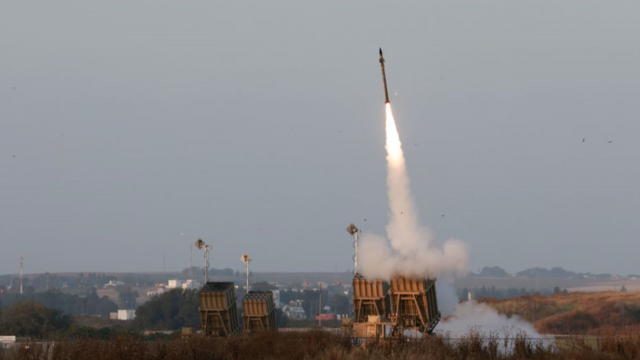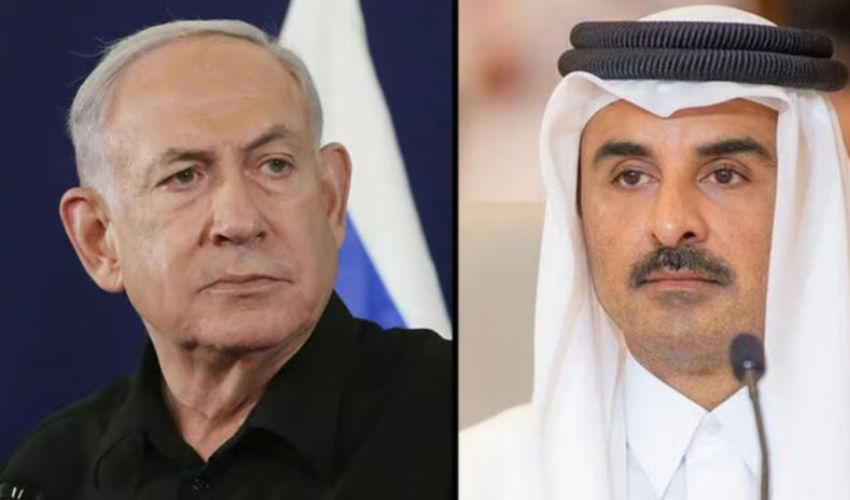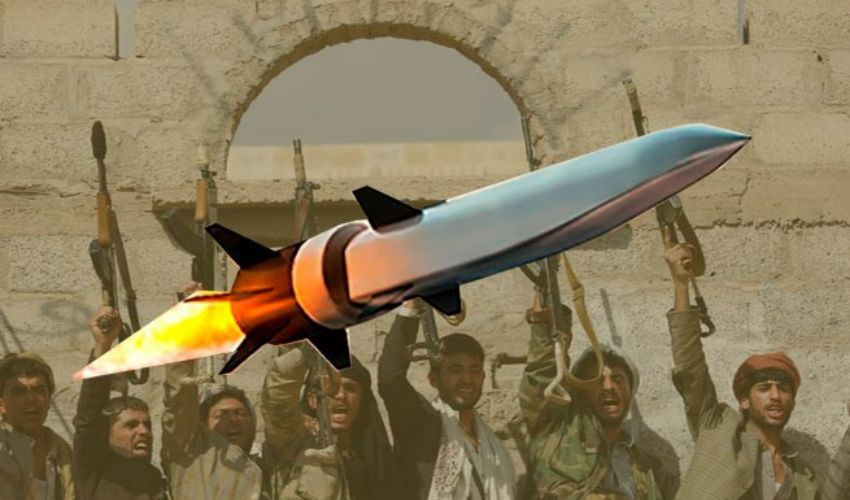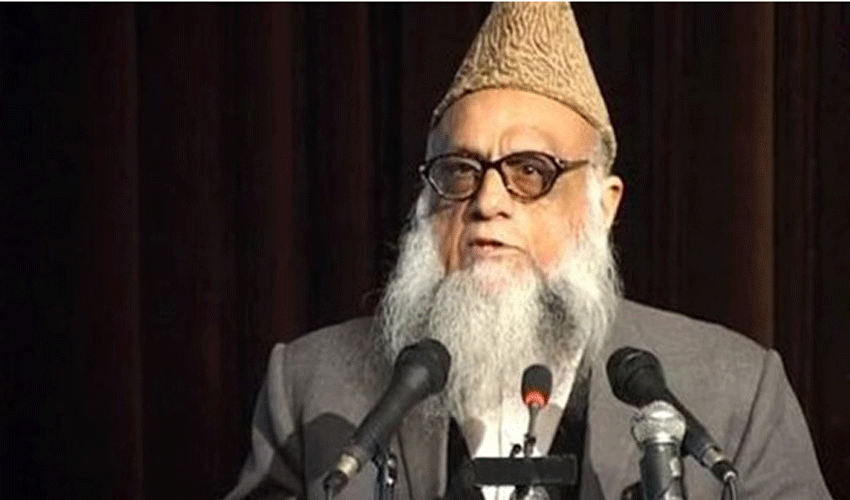Early on Sunday, Israel was rocked by explosions and the sound of air raid sirens as hundreds of drones, ballistic missiles, and cruise missiles from Iran were unleashed in a massive attack.
This act of aggression brings the Middle East closer to the verge of protracted conflict and represents a major escalation in the region's history. This episode, which escalates a long-standing hatred that stretches back to Iran's Islamic Revolution in 1979, is noteworthy as Iran's first direct military strike on Israel.
The head of the UN voiced urgent alarm, and the world responded swiftly. Britain called the strike "reckless," Germany insisted that Iran and its allies "must stop it immediately," and France cautioned that Iran "is risking a potential military escalation."
Iran launched a significant number of drones, cruise missiles, and ballistic missiles, most of which were intercepted before they reached Israeli land, according to Israeli military spokesperson Rear Admiral Daniel Hagari. He claimed that also outside of Israeli territory, Israeli aeroplanes successfully intercepted over 10 cruise missiles.
A few rockets, according to Hagari, made landfall inside Israel. Though the precise facts were still being investigated, emergency responders claimed that a 7-year-old girl in a Bedouin Arab community in southern Israel had suffered grave injuries, most likely from one of these missiles. Hagari also reported on a missile attack that caused very little damage and no injuries on an Israeli army post.
Hagari declared, "A broad Iranian attack is a significant escalation." He insisted that the Israeli military "does and will do whatever is required to protect the security of the state of Israel" in answer to a question concerning Israel's possible reaction. He made it clear that the conflict was still going on and that several Israeli fighter planes were still in the air.
Biggest test yet:
Early signs indicate that Israel's renowned air defence systems successfully repelled Iran's massive attack, overcoming their biggest test yet.
With a 99 per cent interception rate, the Israeli military declared on Sunday that it had effectively repelled Iran's attack including hundreds of drones and missiles.
During a televised briefing, Israeli military spokesperson Rear Admiral Daniel Hagari declared, "The Iranian attack was foiled."
The Israeli defence network, supported by the United States, is designed to intercept rockets, missiles, and mortars directed at Israeli residential areas or vital infrastructure. It is outfitted with integrated radar and movable missile batteries. This system has received praise for successfully intercepting threats 90% of the time during earlier attempts.
Iron Dome system:
Israel's ground-breaking Iron Dome air defence system was created mainly to stop mortars, artillery rounds, and short-range rockets. Its creation was prompted by the dangers posed by rocket fire, particularly from the Gaza Strip, and it has since grown to be a vital component of Israel's defence plan against aerial threats.
The following are the Iron Dome system's main features:
Origin:
With substantial financial and technological assistance from the United States, Rafael Advanced Military Systems, an Israeli state-owned military corporation, built the Iron Dome.
Technological capabilities:
The Iron Dome's mission is to identify, assess, and deflect approaching missiles that might endanger people or vital infrastructure. It employs a sophisticated computer system to predict whether an approaching danger will land in a location that calls for interception and a radar to identify approaching threats.
Range:
When it was first deployed, it was effective against threats thrown between 4 and 70 kilometres (2.5 and 43 miles) away, although reports indicate that these capabilities have subsequently increased.
Response time:
The Iron Dome's capacity to react quickly is one of its most remarkable qualities. After launch, it can identify and intercept approaching rockets in a matter of seconds.
Battle Management & Control (BMC) Unit:
This part evaluates the danger and regulates the interceptor launch by analyzing radar data.
Missile firing unit:
Tamir interceptor missiles are used in the system, and their purpose is to explode an approaching rocket in the air before it can do any damage.



























